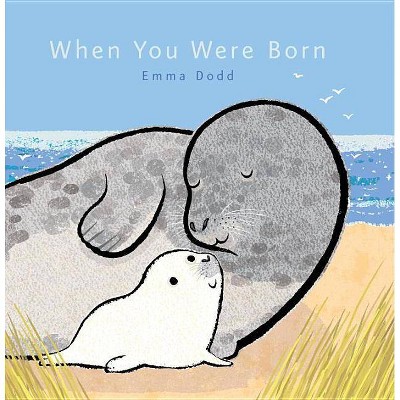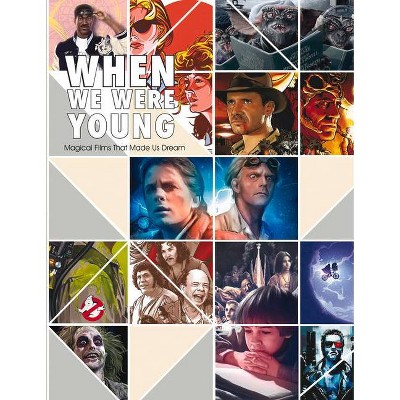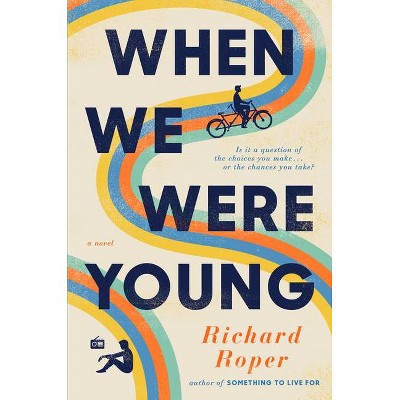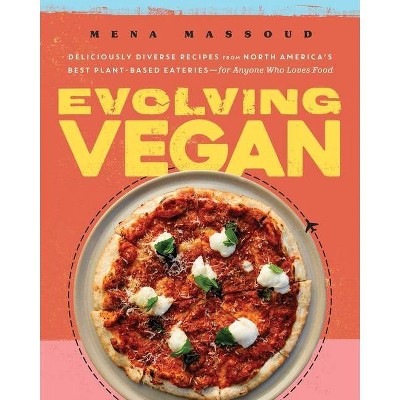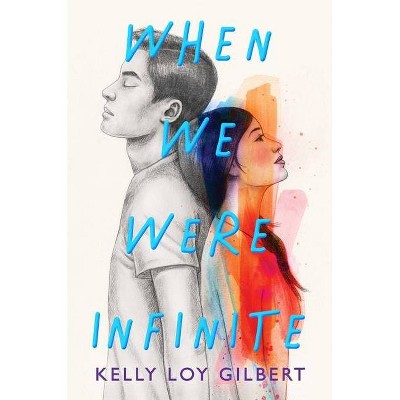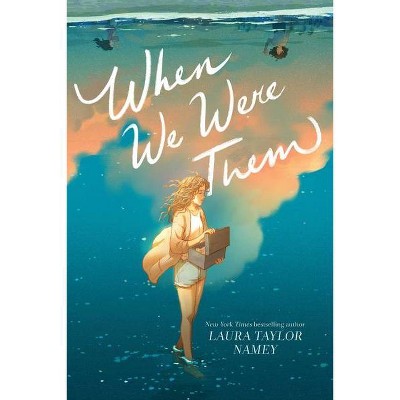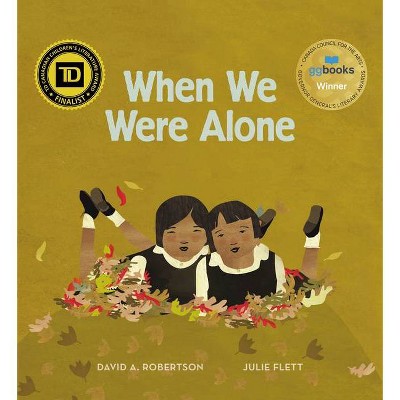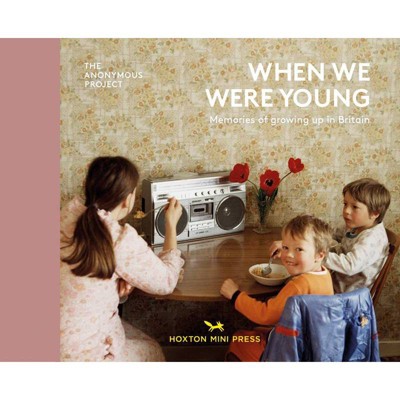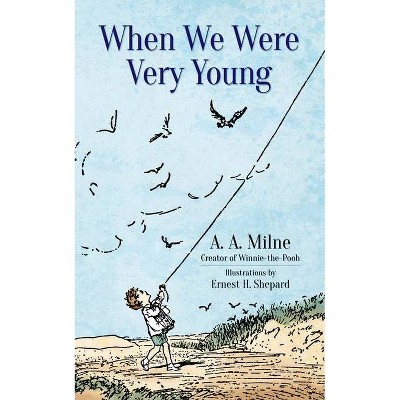When We Were Arabs - by Massoud Hayoun (Hardcover)
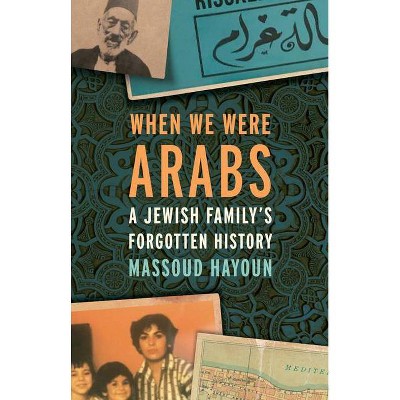
Similar Products
Products of same category from the store
AllProduct info
<p/><br></br><p><b> About the Book </b></p></br></br>"A vivid account of Massoud Hayoun's grandparents' lives in Egypt, Tunisia, France, Palestine, and Los Angeles, in which he reclaims his family's Jewish Arab identity"--Publisher's description.<p/><br></br><p><b> Book Synopsis </b></p></br></br><p><strong>WINNER OF THE ARAB AMERICAN BOOK AWARD - NAMED ONE OF THE BEST BOOKS OF THE YEAR BY NPR<br /><br />The stunning debut of a brilliant nonfiction writer whose vivid account of his grandparents' lives in Egypt, Tunisia, Palestine, and Los Angeles reclaims his family's Jewish Arab identity</strong></p> <p>There was a time when being an Arab didn't mean you were necessarily Muslim. It was a time when Oscar Hayoun, a Jewish Arab, strode along the Nile in a fashionable suit, long before he and his father arrived at the port of Haifa to join the Zionist state only to find themselves hosed down with DDT and then left unemployed on the margins of society. In that time, Arabness was a mark of cosmopolitanism, of intellectualism. Today, in the age of the Likud and ISIS, Oscar's son, the Jewish Arab journalist Massoud Hayoun whom Oscar raised in Los Angeles, finds his voice by telling his family's story.</p> <p>To reclaim a worldly, nuanced Arab identity is, for Hayoun, part of the larger project to recall a time before ethnic identity was mangled for political ends. It is also a journey deep into a lost age of sophisticated innocence in the Arab world; an age that is now nearly lost.</p> <p><em>When We Were Arabs</em> showcases the gorgeous prose of the Eppy Award-winning writer Massoud Hayoun, bringing the worlds of his grandparents alive, vividly shattering our contemporary understanding of what makes an Arab, what makes a Jew, and how we draw the lines over which we do battle.</p><p/><br></br><p><b> Review Quotes </b></p></br></br><br><p><strong>Praise for <em>When We Were Arabs</em>: <br /></strong>With a clear point of view, Hayoun weaves in his family history with the politics that shaped their lives. <em>When We Were Arabs</em> is a nostalgic celebration of a rich, diverse heritage.<br /><em><strong>--</strong></em><strong>Martha Anne Toll, NPR Books</strong></p> <p><em>When We Were Arabs: A Jewish Family's Forgotten History</em> by Massoud Hayoun is a memoir and an intimate narrative of two Jewish Arab families woven together by time and circumstance as they emigrate from Morocco and Tunisia to Egypt' Palestine' France' and the United States' looking for a place to call home.<br />--<em><strong>Los Angeles Review of Books</strong></em><em><strong><br /></strong></em><br />An intriguing read for anyone interested in furthering their understanding of complex identities and mixed cultural heritage.<br /><em><strong>--Jewish News<br /><br /></strong></em>This decolonial memoir is a powerful tribute to heritage; it gives an intimate insight into what it means to be a Jewish Arab, an identity which is today wrongfully deemed an oxymoron.<br />--<em><strong>Middle East Eye<br /><br /></strong></em>Hayoun's masterful use of memoir not only gives us a fascinating look at the fate of the Arab world's Jewish community, but also provides a powerful and impassioned argument for the reemergence of an emancipatory Arab nationalism.<br />--<em><strong>Middle East Research and Information Project<br /><br /></strong></em><em>When We Were Arabs</em>, Hayoun's successful project of subversion through remembrance, is a compelling and highly recommended read.<br />--<em><strong>Inside Arabia<br /><br /></strong></em>Massoud Hayoun's intimate memoir weaves family history with politics in a powerful exploration of Arab Jewish identity.<br />--<em><strong>The New Arab<br /><br /></strong></em>"A beautiful act of resistance, of defiance against erasure, of dreams of ancestors and their desire to build, create, and enact a place for themselves and their descendants in the world. It is truly a thing of beauty and reverence."<br />--<strong>Mira Assaf Kafantaris, </strong><em><strong>The Millions</strong></em><em><strong><br /><br /></strong></em>In this passionate blend of family history, memoir, and rumination on identity, journalist Hayoun utilizes family lore, journals, and photographs to tell his grandparents' story and recreate a lost multicultural era in the Arab world. . . . Deeply personal, moving reminiscences from his ancestors will make even those with no knowledge of the subject nostalgic for a bygone age. . . . Readers will relish this revealing glimpse of that now-obscured world.<br /><strong>--</strong><em><strong>Publishers Weekly</strong><br /><br /></em>Hayoun's debut memoir offers a new perspective on world affairs and will be appreciated by readers interested in family histories told through personal narratives.<br />--<strong><em>Library Journal<br /><br /></em></strong>Hayoun pieces together a remarkable tale of survival and success, and it is a story worth remembering. A moving and intriguing family history.<br />--<strong><em>Kirkus Reviews<br /></em></strong><br />A masterpiece that reads with the same themes of complexity and romance, pain and longing, that are indigenous to the land of his grandparents, and the entwined Arab and Jewish identity that flourishes on every page of this book.<br />--<strong>Khaled Beydoun, law professor and author of <em>American Islamophobia</em></strong><br /> <br /> <em>When We Were Arabs</em> wonderfully braids cultural history, memoir, poetics, and politics into a completely unexpected but necessary artistic intervention destined to obliterate our brittle understandings of what is Jewish, Arab, and radically loving. The book is as good as it is important.<br />--<strong>Kiese Laymon, author of <em>Heavy</em></strong><br /> <br /><em>When We Were Arabs</em> is not only a deeply researched account of one family's North African history, but one of the best books available on the postcolonial foundations of contemporary Arab American identity. It is nothing short of a triumph.<br />--<strong>Moustafa Bayoumi, author of <em>This Muslim American Life</em> and <em>How Does It Feel to Be a Problem</em></strong><br /> <br /> A beautifully written, compelling argument for compassion, solidarity, and love, in a time where they are so woefully scarce.<br />--<strong>Sister Helen Prejean, author of <em>Dead Man Walking</em></strong><br /> <br /> A stunning piece of storytelling, a necessary work of history, and in its portraiture of a lost world, its corniches populated with the great singers and film stars of old, it is a work of poetry.<br />--<strong>Safia Elhillo, author of <em>The January Children</em></strong><br /> <br /> A rare, multifaceted book that dares tell the story of the Arab Jew as it was without propaganda or prejudice and which chronicles how the nuance that had been there in Jewish Arab political identities disappeared under the onslaught of Zionism.<br />--<strong>Raja Shehadeh, author of <em>Palestinian Walks</em> and <em>Where the Line Is Drawn</em></strong></p><br><p/><br></br><p><b> About the Author </b></p></br></br><p><strong>Massoud Hayoun</strong> is a journalist based in Los Angeles, most recently freelancing for Al Jazeera English and Anthony Bourdain's <em>Parts Unknown</em> online while writing a weekly column on foreign affairs for <em>Pacific Standard</em>. He previously worked as a reporter for Al Jazeera America, <em>The Atlantic</em>, Agence France-Presse, and the <em>South China Morning Post</em> and has been published widely. He speaks and works in five languages and won a 2015 EPPY Award. He lives in Los Angeles.</p>
Price History
Cheapest price in the interval: 18.59 on October 22, 2021
Most expensive price in the interval: 18.59 on November 8, 2021
Price Archive shows prices from various stores, lets you see history and find the cheapest. There is no actual sale on the website. For all support, inquiry and suggestion messages communication@pricearchive.us
